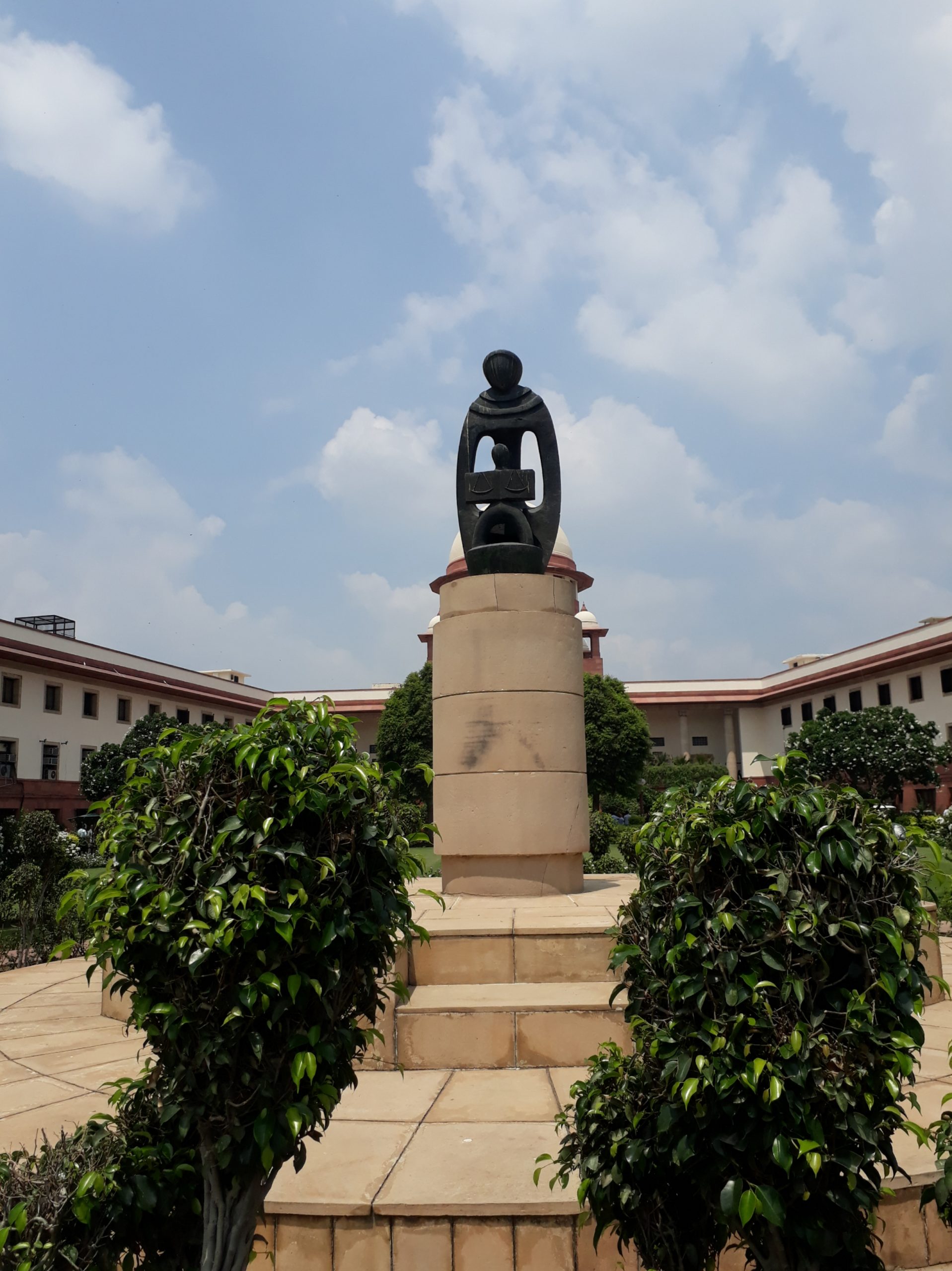Indian Trade Unions Act, 1926 – Industrial Employment (Standing Orders) Act, 1946, Section 3, 6, 7, 10(3) – Certified Standing Order, Clause 20, 31 – Labour Law – Transfer – Challenge as to –Held that whereas the Standing Order would cover the transfer from one department to another within the same unit/factory/office/establishment or from one job of similar nature and capacity to another job of same nature and capacity and also from one job to another similar job or from one shift to another shift – Per contra, the terms of appointment and confirmation would permit the transfer of an employee to any department or any works or offices belonging to the company -Clause 31 of the Schedule of the Standing Order specifically provides that nothing contained in the Standing Order shall operate in derogation of any law for the time being in force or cause prejudice to any right under contract of service, custom or usage or an agreement, settlement or award applicable to the establishment -Nothing contained in the Standing Orders can operate in derogation or to the prejudice of the provisions as provided in the contract of service – Held that the Division Bench erred in allowing the writ petition of the respondents, thereby holding the transfers to be illegal – Similarly, the learned Division Bench also erred in dismissing the writ petition filed by the appellants herein, which was filed challenging the award dated 28.02.2006- Said award was totally contrary to the earlier award passed by the very same Tribunal on 30.05.2001 – In the first order dated 30.05.2002, the learned Industrial Tribunal apart from holding that in view of Clause 20 and in terms of appointment and confirmation orders, the challenge to the transfer orders was not sustainable, also after discussing the entire material on record, found that the transfers were not mala fide – Impugned judgment and order is quashed and set aside – Writ Appeal No. 877 of 2006 filed by the respondent No.1 liable to be dismissed – The order dated 20.03.2006passed by the learned single judge in Writ Petition No. 44810of 2001 upheld – The order passed by the learned Tribunal dated 28.02.2006 is quashed and set aside. (Para 14 to 16 and 24)
SUPREME COURT OF INDIA
2024 STPL(Web) 189 SC
[2024 INSC 237]
M/S. Divgi Metal Wares Ltd. Vs. M/S. Divgi Metal Wares Employees Association & Anr.
Civil Appeal No(S). 2032 of 2011 With C.A. No. 2035 of 2011 C.A. NO. 2033 of 2011-Decided on 21-03-2024
https://stpllaw.in/wp-content/uploads/2024/04/2024-STPLWeb-189-SC.pdf







